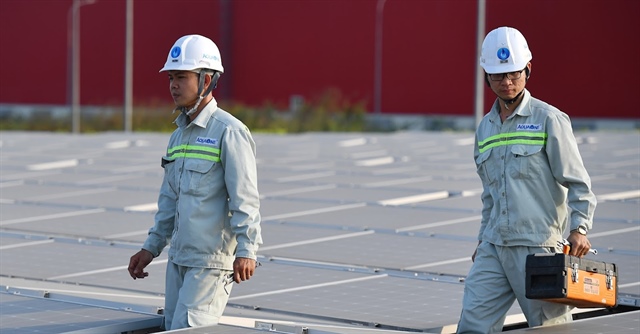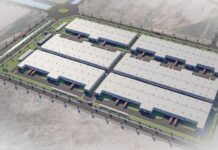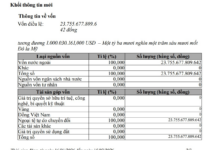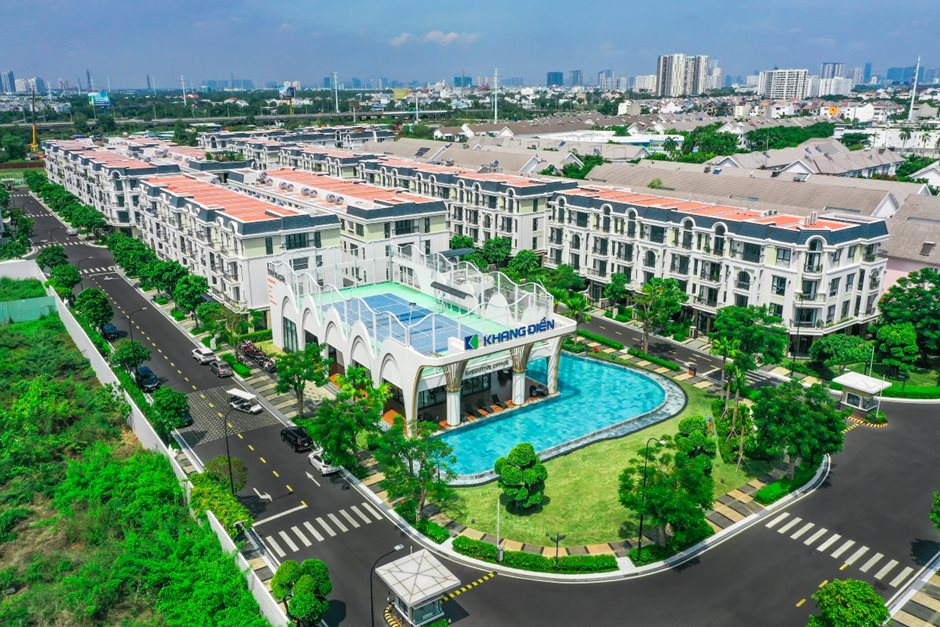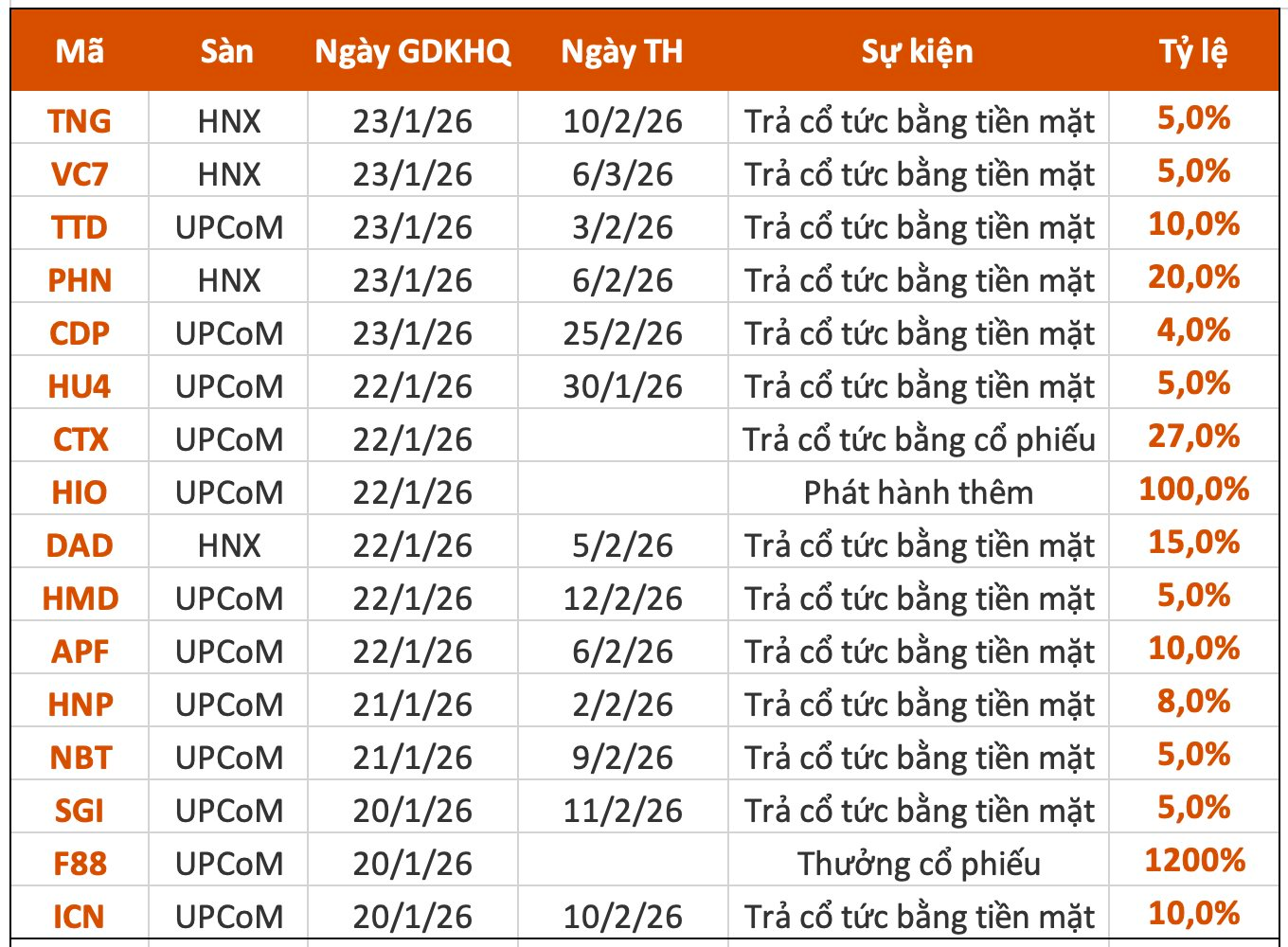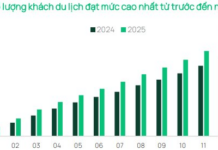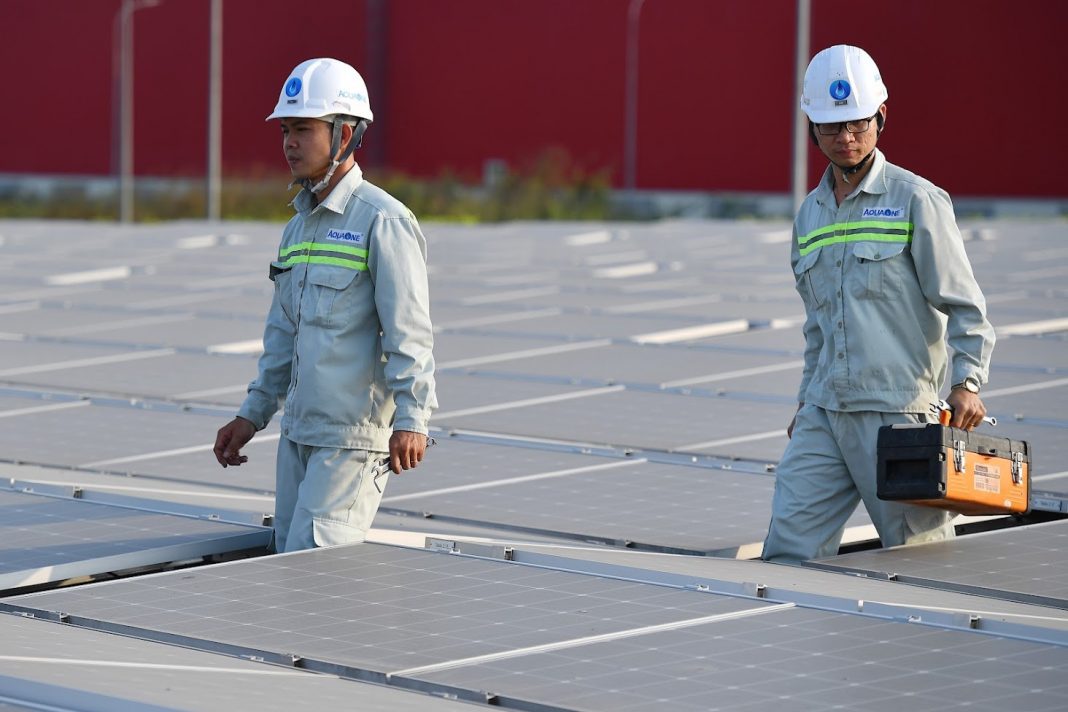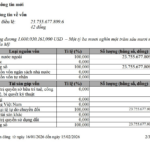The Government Office has recently issued Official Dispatch No. 165/TB-VPCP, announcing the conclusion of Deputy Prime Minister Tran Hong Ha on the development and promulgation of incentive mechanisms for the development of rooftop solar power installed in residential homes, public offices, and industrial parks.
One of the notable points is that the Deputy Prime Minister has assigned the Ministry of Industry and Trade to clearly define the authority, responsibility, and procedures for granting “green credits” to factories using clean energy sources, and to complete and report to the Deputy Prime Minister before April 25, 2024.
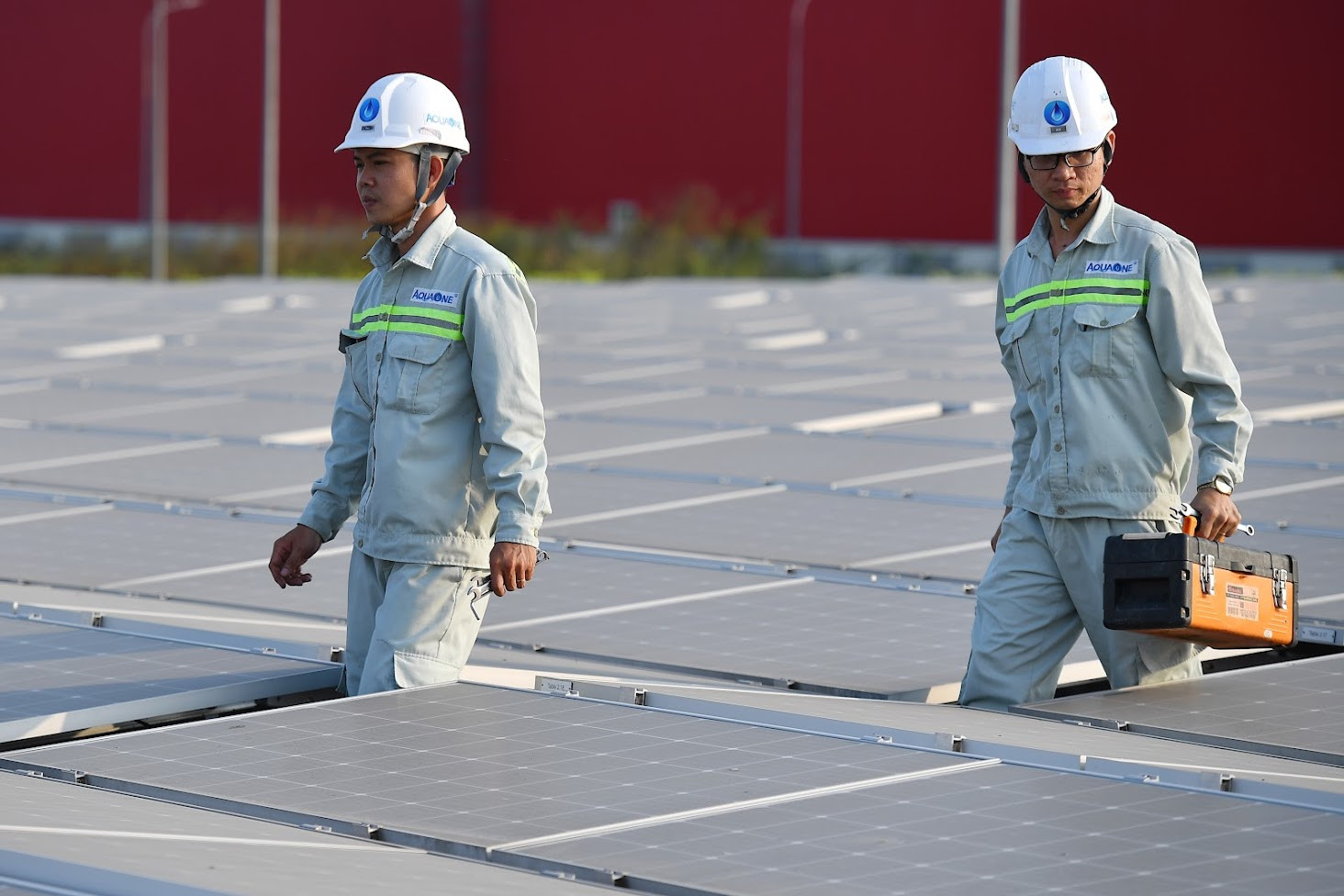 Factories using clean energy will be granted “green credits”. Photo: Hoang Ha |
The document also notes: The development of mechanisms and policies to encourage the development of rooftop solar power for self-production and self-consumption in order to gradually replace fossil energy sources is necessary. This is an urgent task, an important solution to mobilize social resources to invest in clean energy sources, which are environmentally friendly, contributing to ensuring national energy security in accordance with the Government’s policy on green growth and is an inevitable development path for Vietnam to realize the goal of reducing greenhouse gas emissions to Net Zero by 2050.
The Deputy Prime Minister assigned the Ministry of Industry and Trade to preside over and coordinate with the Ministry of Justice and relevant agencies to submit to the Prime Minister a program and dossier for the development of a Decree regulating the mechanism and policies to encourage the development of rooftop solar power installed in residential homes, public offices, and industrial parks, etc. It is necessary to pay attention to the following contents:
Regarding the scope and subjects of application of the Decree on the mechanism to encourage rooftop solar power for self-production and self-consumption, the Deputy Prime Minister clarified that it is the rooftops of houses, public offices, office buildings, industrial parks/industrial clusters, etc. in the form of self-production and self-consumption with connection to the national grid or operating independently without connection to the national grid, with or without storage batteries, etc.
The document affirms: The Vietnamese State prioritizes the development of renewable energy sources (rooftop solar power for self-production and self-consumption, offshore wind power, biomass power, waste-to-energy) if they meet the requirements on technology, system safety, and reasonable prices, then the development scale is not limited. The Eighth Electricity Plan is an open plan, so if necessary, additional renewable energy sources can be mobilized to replace other electricity sources to ensure that there is no shortage of electricity in any case.
|
The Deputy Prime Minister assigned the Ministry of Industry and Trade to preside over and coordinate with EVN and relevant agencies to promptly implement the two-component electricity price so that electricity customers can raise their awareness in using electricity economically and effectively, contributing to balancing the load curve of the power system, while helping the investment in power sources and the power grid achieve better results. |
Luong Bang
